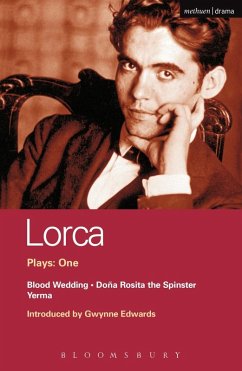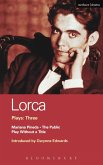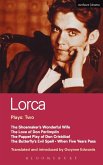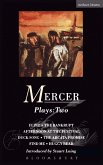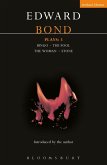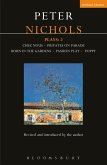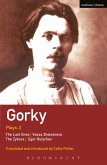These three tragedies were written at the height if Lorca's powers and display his innovative mix of Spanish popular tradition and modern dramatic technique. Blood Wedding tells the story of a couple drawn irresistibly together in the face of an arranged marriage; Doña Rosita the Spinster follows the appalling fate of a young woman beguiled into the expectation of marriage and left stranded for a lifetime whilst Yerma is possibly Lorca's harshest play following a woman's Herculean struggle against the curse of infertility. Set in and around his home territory, Granada, the plays return again and again to the lives of passionate individuals, particularly women, trapped by the social conventions of narrow peasant communities. The plays appear here in new playable translations.
>
>

